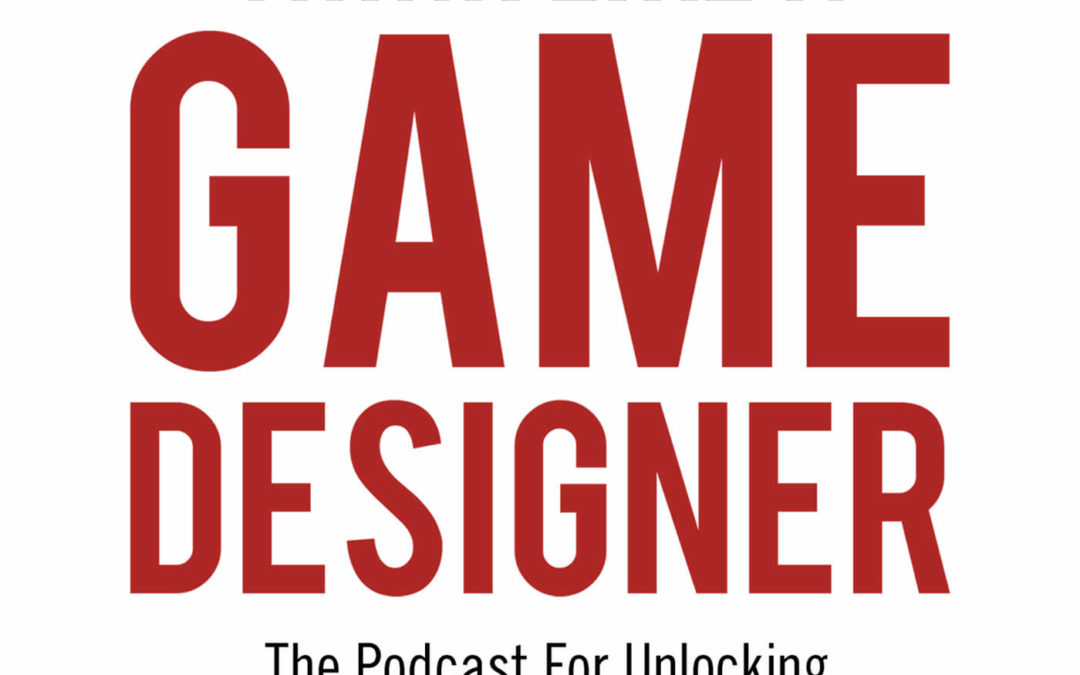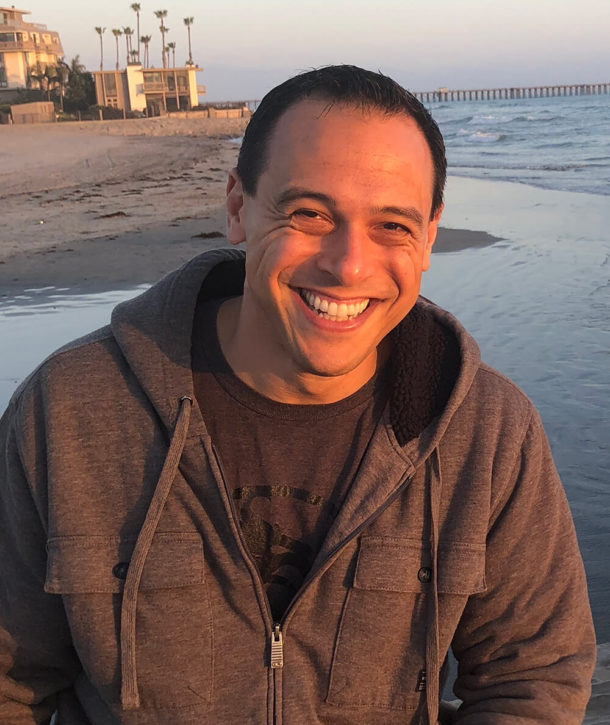Isaac Vega has been designing board games for over a decade. Isaac has sold over 500,000 copies of his games worldwide and is an award-winning designer. He co-founded Rose Gauntlet Entertainment and is the designer of the hit game Dead of Winter. There are so many awesome lessons in this episode. Let’s get started!
We begin by discussing the incredible organization Game Pathways, where Isaac and I first met. Game Pathways seeks to improve representation and diversity in the tabletop gaming industry by increasing student awareness of career paths, introducing students to industry professionals, and working with game companies to engage under-represented groups. They are a nonprofit organization founded by industry professionals who care about inclusivity, creativity, and celebrating new voices! If you’re interested in donating, you can do so here.
“I used all my very bad and very poor graphic design skills. I made everything I possibly could to make [my first game prototype] look like it was somewhat professional. And now, when I design games, I do it in the most minimal way possible.”
We always start with each designer’s superhero origin story. Learning how a designer finds their way into the industry and how they leverage life experience is important. Isaac discusses how working a full-time job, practicing photography, and going to school all led to his first game getting published.
As we discuss Isaac’s story, we see that he, like nearly every designer I’ve spoken with, starts by making a prototype that’s too involved. In time, they come to realize that making cheap, ugly prototypes is the way to go. It’s all about iteration speed!
“I didn’t actually get hired by the company until after I had signed Bioshock, Ashes, and Dead of Winter.”
Often we hear about how a game designer produces one or more successful games before they can quit their day job and take on design full-time. In this section, we discuss all the hard work it takes to build a full-time career. Isaac explains how along the way, he had to do his best to contribute his skills to the company outside of design, intending to get the company in a place where it could offer the designers full-time employment.
“The audience that may be super attracted to this product may not know anything about boardgames, may not have an understanding of how much work and time goes into these products, and may not have an understanding of what realistic price points look like. When we released Bioshock Infinite, it was a $60 game, and the video game was also $60. It was quite hard for people to wrap their heads around the value difference there.”
Isaac designed Bioshock Infinite, a tabletop version of the renowned Bioshock franchise. Designing games for existing IPs is a large (very profitable) part of the tabletop industry. In this section, Isaac teaches us how he translates games from one medium to another. He talks about working with giant video game developers and managing the expectations of fans, all while trying to create an awesome experience.
“Dead of Winter just blew up! […] We hit a point as a company where we could just not meet demand.”
After the massive success of Dead of Winter, Plaid Hat Games was acquired by FTZ. In this section, we discuss why a company might need the support of a larger company after a hit game. He says that up until Dead of Winter, a successful run was 3k – 5k games, but now they suddenly needed a run of 70k units — this kind of success, and the risks associated, can sink a small company. Acquisition by a larger corporation is often one of the few paths to growth, and while that comes with an upside, it might also mean giving up control of certain design aspects.
“The sense of freedom is amazing, but it takes time to get there, but if you put in the work and you’re okay with failing—it’s worth it.”
The last portion of the podcast is all about Isaac’s new company, Rose Gauntlet Entertainment, and his new crowdfunding campaign for Wild Gardens, which you can find here. He tells us about how the game was inspired by a foraging TikTok craze and his love for food! He discusses why the company chose Backerkit for the next to crowdfund rather than the other platforms such as Gamefound and Kickstarter.






